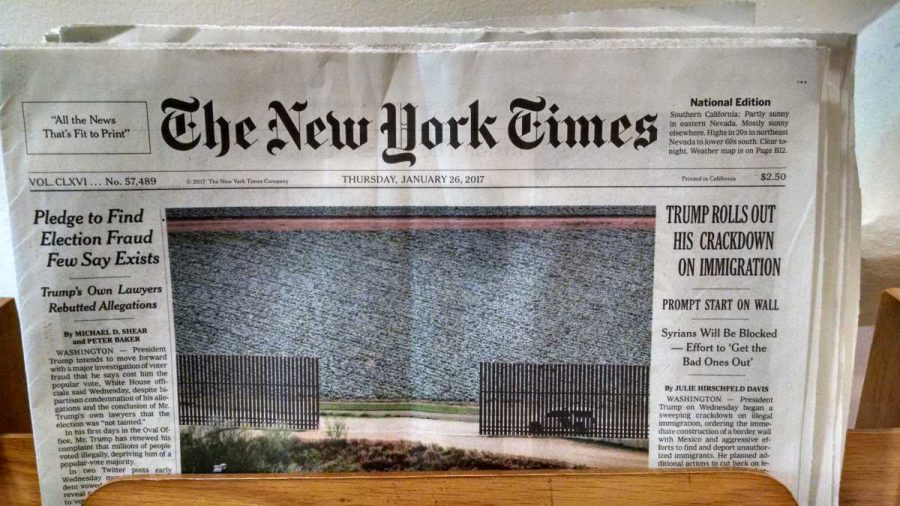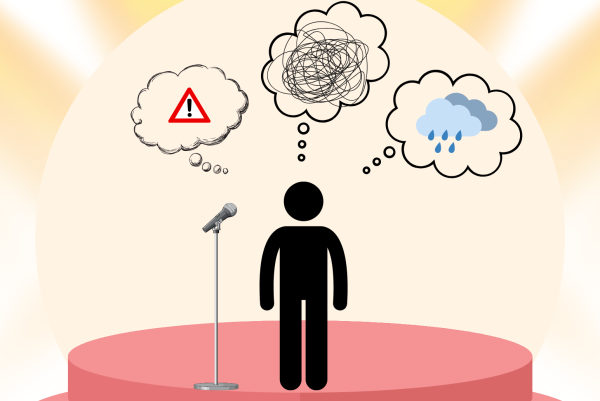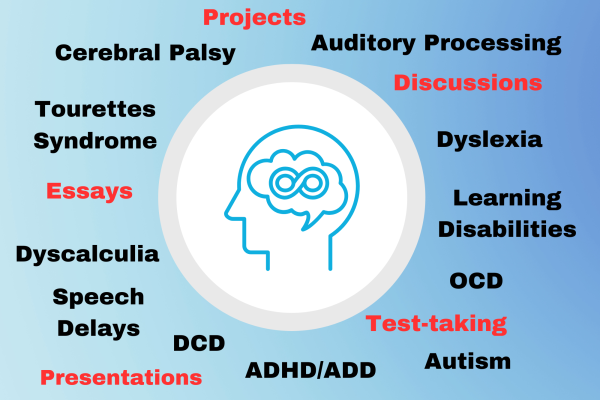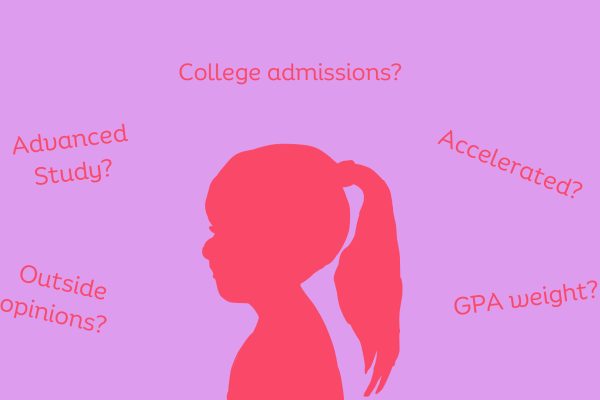Column: Battling Bigotry
During the Diversity Conference, I had the honor of participating in the Upper School microaggressions panel, where I spoke about my personal experience with racist behaviors and remarks and discussed ways to combat them.
Hearing from other panelists, who were mostly girls of color, was especially a formative experience, and I couldn’t be more grateful to have had the opportunity to share my opinions in such an open, welcoming space.
However, there are a few issues that we absolutely must be aware of as we fight microaggressions and work to cultivate social consciousness.
For one, there’s the stigma against “political correctness,” which is defined by Merriam-Webster as “conforming to a belief that language and practices which could offend political sensibilities (as in matters of sex or race) should be eliminated.” This stigma is used to divert the conversation from important societal issues.
Arguments against political correctness are frequently linked with free speech because if one defends free speech, one must also defend hate speech, or at least the right to use it.
But “political correctness” is mere human decency. It boils down to treating people with respect — avoiding racial slurs and not making assumptions about someone’s perceived sexuality or judgments based on gender stereotypes.
“Political correctness” doesn’t police conversations; it calls attention to the need to hold careful and respectful discourse.
“Triggered” jokes are unfortunately the latest fad with teens; essentially, people say they’re “triggered” when something annoys or bothers them.
Example: “Ugh, I have a math test tomorrow — I’m so triggered.”
These jokes remove the context from which the word “trigger” is supposed to be used. Triggers are associated with abuse and trauma. Someone who resembles the abuser is a trigger. A sound or object that reminds the person of the abuse is a trigger.
Anything remotely related to the abuse is a trigger. “Triggered” jokes hurt and degrade victims of mistreatment, belittling their health and trivializing their experiences.
Also offensive is racial, gendered humor, as well as insults that are frequently tossed around as a joke. I’ve had reoccuring instances with Archer girls who perpetuate Asian racism. Once, a white girl talked about making fun of Vietnamese accents with her friends. Then, a white girl in my advisory laughed while reading a list of Oriental medicinal herbs which she proceeded to call “weird.” Furthermore, a white girl in my grade once said she didn’t “trust” Korean food because “Koreans eat dogs.”
All of what I have mentioned are examples of microaggressions. They humiliate. They dehumanize. They marginalize.
Frankly, hearing them happen upsets and tires me. We’ve talked about this. We’ve already gone over this. There’s no point in learning about and combating microaggressions if people are simply going to dismiss them.
Let us all do our part to undo internalized prejudices and to fight bigotry. Let us listen to each other, treat each other with respect, and do our best to understand each other.

Audrey Koh became an Oracle columnist in 2016. Her column focuses on popular culture and current social issues through a social justice lens, focusing...













Ms. Geffen • Feb 15, 2017 at 1:36 pm
Thank you for writing this Audrey. Your message and personal accounts are very powerful. Thanks for bringing up the problem with “triggered” jokes and explaining the origin of this phrase.